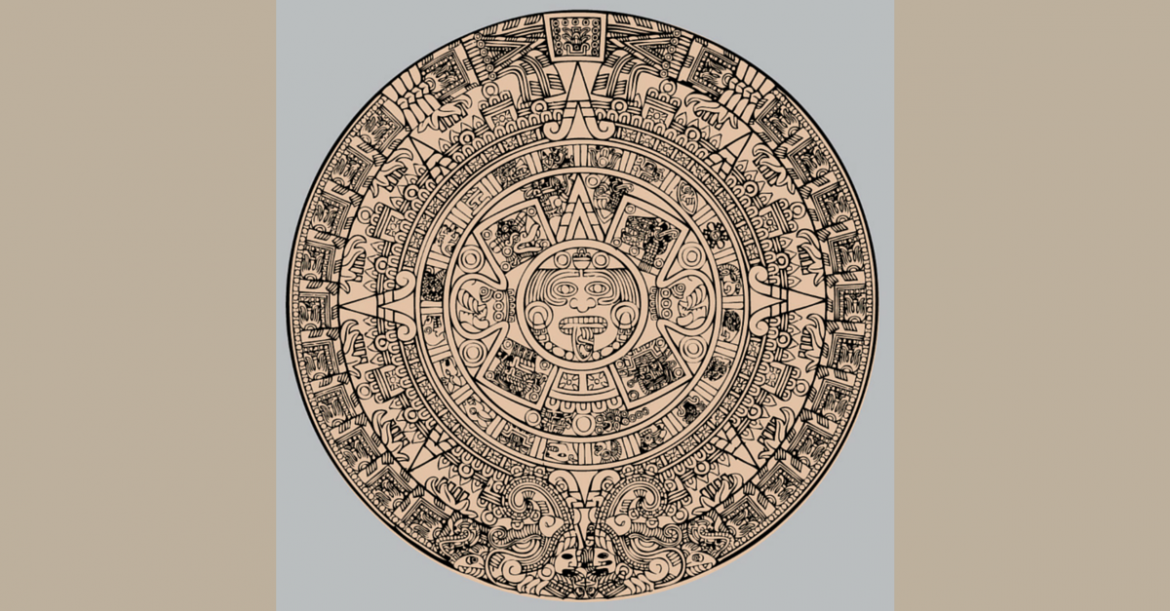Seeing as the end of the Mayan Calendar (when was that, anyway?) did not result in our impending doom, we thought it would be fun to look at the origins of our most used (useful?) calendar, the Roman Calendar.
A very quick history of the calendar – The original Roman Calendar is attributed to Romulus who founded Rome in 753 BC and included ten months. It was recalibrated by second king of Rome Numa Pompilius who expanded from 304 to 355 days and added two months – what are now January and February. The calendar was then left the same for almost 700 years, before Julius Caesar renamed Quintilis as Iuliius (July) in honor of…you guessed it. His successor Augustus did the same thing, renaming Sextilius as Augustus.
So, where do the names come from? Let’s break it down:
January – Janus is the Roman god of gates and doorways – aptly named as we still treat January as a window into the coming year and a retrospective on the last.
February – Februa is the Roman festival of purification, which is held annually on February 15. Further inspiration for keeping those New Years Resolutions an extra month, we say!
March – Mars is the Roman god of war. As it was originally the first month of the year, it marked the resumption of war.
April – Aperire (Latin for “to open”) signifies the opening of the buds in the
May – Maius, or Maia, was the goddess of spring and fertility and seems to be an extension of all the beauty and wonder of April.
June – Juno was the chief Roman goddess and represented marriage and the well-being of women. The middle of the year is so sappy! Well, I guess some things never change.
July – Julius Ceasar just went ahead and gave himself a month. The month was formerly known as Quintilius, which is simply Lation for “fifth”.
August – Augustus Ceasar followed right in his predecessor footsteps and reclaimed the month that used to called Sextilis, meaning “sixth”.
September – September followed in the footsteps of July and August and was simply known as september mensis, Latin for “seventh month”.
Just a warning.. things get pretty boring and logical from here on out..
October – October mensis, Latin for “eighth month”
November – Novembris mensis, Latin for “ninth month”
December – December mensis, Latin for “tenth month”
There’s something deeply ritualistic that “most” of the planet has shared the same ebb and flow for thousands of years. We don’t see the Roman Calendar going anywhere any time soon, especially when amazing themed calendars make the greatest Christmas presents of all time!
 Food
Food Farmers
Farmers Sustainable Living
Sustainable Living Living Planet
Living Planet News
News